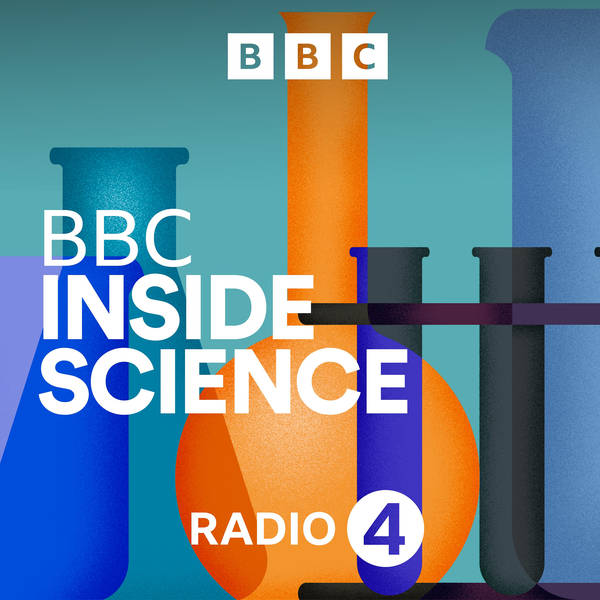
Earth's Earliest Life, The Benefits of Pollution, Sexuality and Science and New ideas on Evolution
The World's oldest sedimentary rocks reveal traces of our earliest ancestors. New analysis shows life forms existed more than 3.7 billion years ago which were very similar to those found in our deepest oceans today, microbial life around hydro thermal vents.
Some pollution might be good for the world oceans. New finding from China show how iron oxide pollution from power generation and industry has been turned into a source of nutrients for phytoplankton - by interacting with other chemical pollutants. The researchers say this is increasing the ability of the ocean to lock up atmospheric carbon dioxide and so reduce the impact of man made greenhouse gasses. They query whether reducing this kind of pollution could have a negative impact.
This week The Royal Society celebrated LGBT history month and 50 years since the partial decriminalisation of homosexuality in England and Wales Rory Galloway meets Sir Dermot Turing, the nephew of renowned computer scientist Alan Turing, to discuss Alan’s Legacy for LGBT scientists today, and we look at the continued impacted of homophobia in science.
And we hear about a new test for ideas in Evolution. This involves recreating the ancestors of fruit flies. The findings have overturned an established theory on genetic inheritance in these alcohol tolerant flies.
